Voices of the Grain Trade
Our volunteer interview teams in Thunder Bay and Winnipeg did their best to collect voices reflecting all major facets of Canada's international grain trade. As a result, you will find interviews with farmers, researchers, plant breeders, company owners, and railway employees blended in with the stories of grain handlers, inspectors, lake shippers, regulators, builders, marketers, and many more. Our voices are spread from Quebec City to Victoria, with the highest concentrations being from Thunder Bay and Winnipeg.
Through Library and Archives Canada's Documentary Heritage Communities Program, Friends of Grain Elevators has now been able to transcribe and upload all Voices interviews to this website and to Lakehead University's archives. If you have any questions or comments about the collection, please contact us with your thoughts!
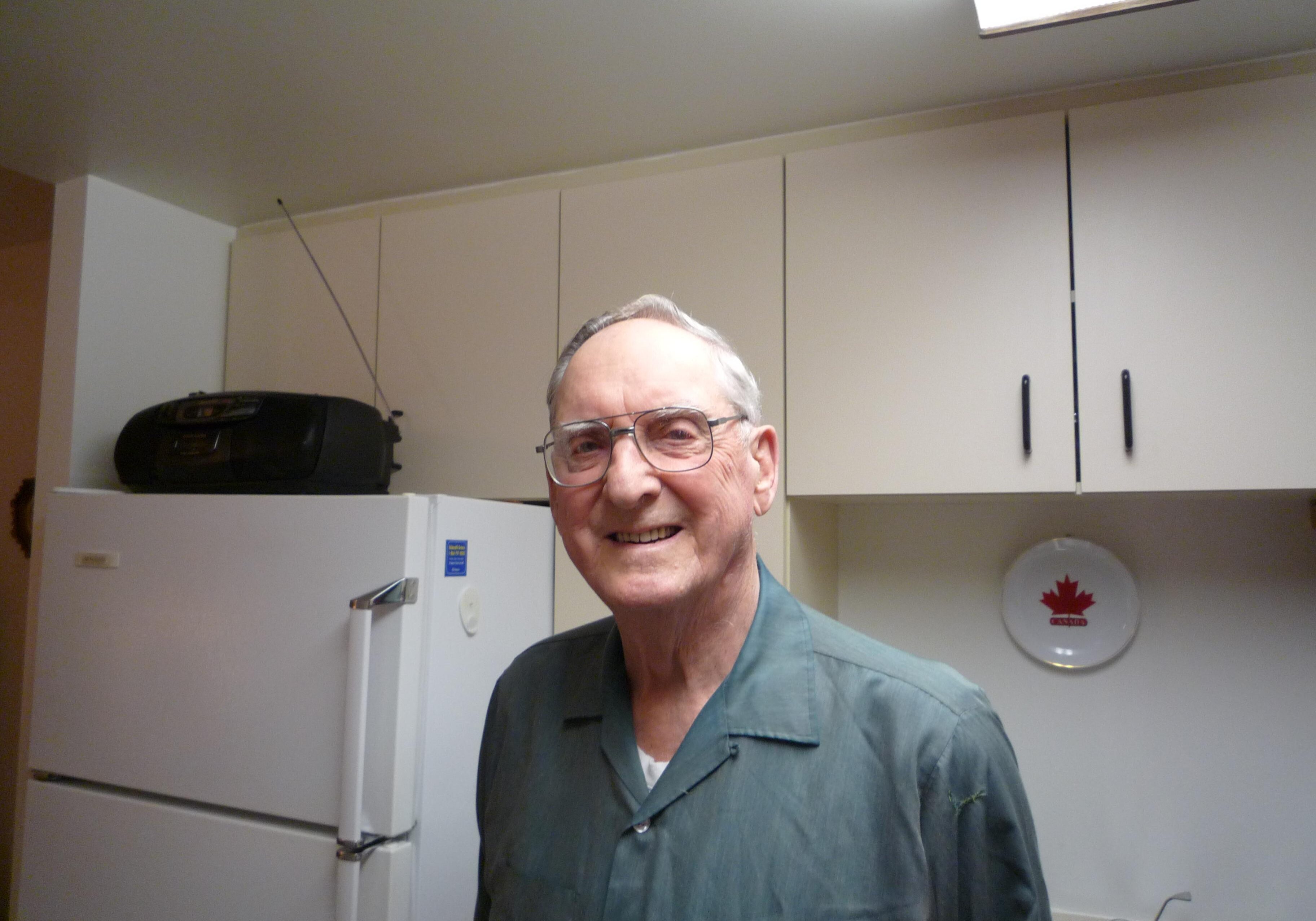
Glen Hanna
Deckhand, Fireman: Canada Steamship Lines, Paterson Shipping Division
In 1939 at age 16, Glen sought adventure on a lake ship after riding boxcars from Fort Frances to St. Catherine's. He found the life quite to his liking, even though it required him to shovel coal for hours on end as a fireman. This interview takes you back to earlier days when a sailor’s life on grain ships was hard work. He would have stayed on, but long absences from his family - also a requirement of a sailor’s life - were not an option. Glen’s journey back in time is an eye-opener. How times have changed!
Snippet
Full Interview
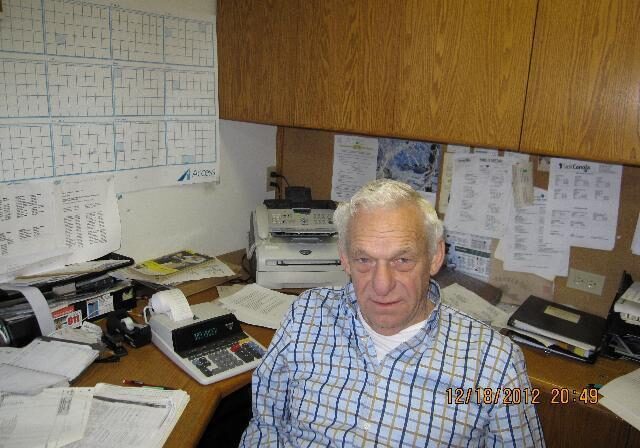
Wilfred "Butch" Harder
Farmer, Delegate, Director: Manitoba Farmers Union, Manitoba Pool Elevators
Butch Harder grew up on a farm with his parents in a Mennonite community. His father worked on the board of the Manitoba Pool Elevators. Butch outlines his work as a delegate and director for multiple farmers' unions in Manitoba and his commitment to the Pools. His position at the centre of these organizations provides an interesting perspective on the grain industry during his lifetime. Butch discusses the differences between the elevators, political drama, management and policy changes, and the building and collapse of Pool companies.
Snippet
Full Interview
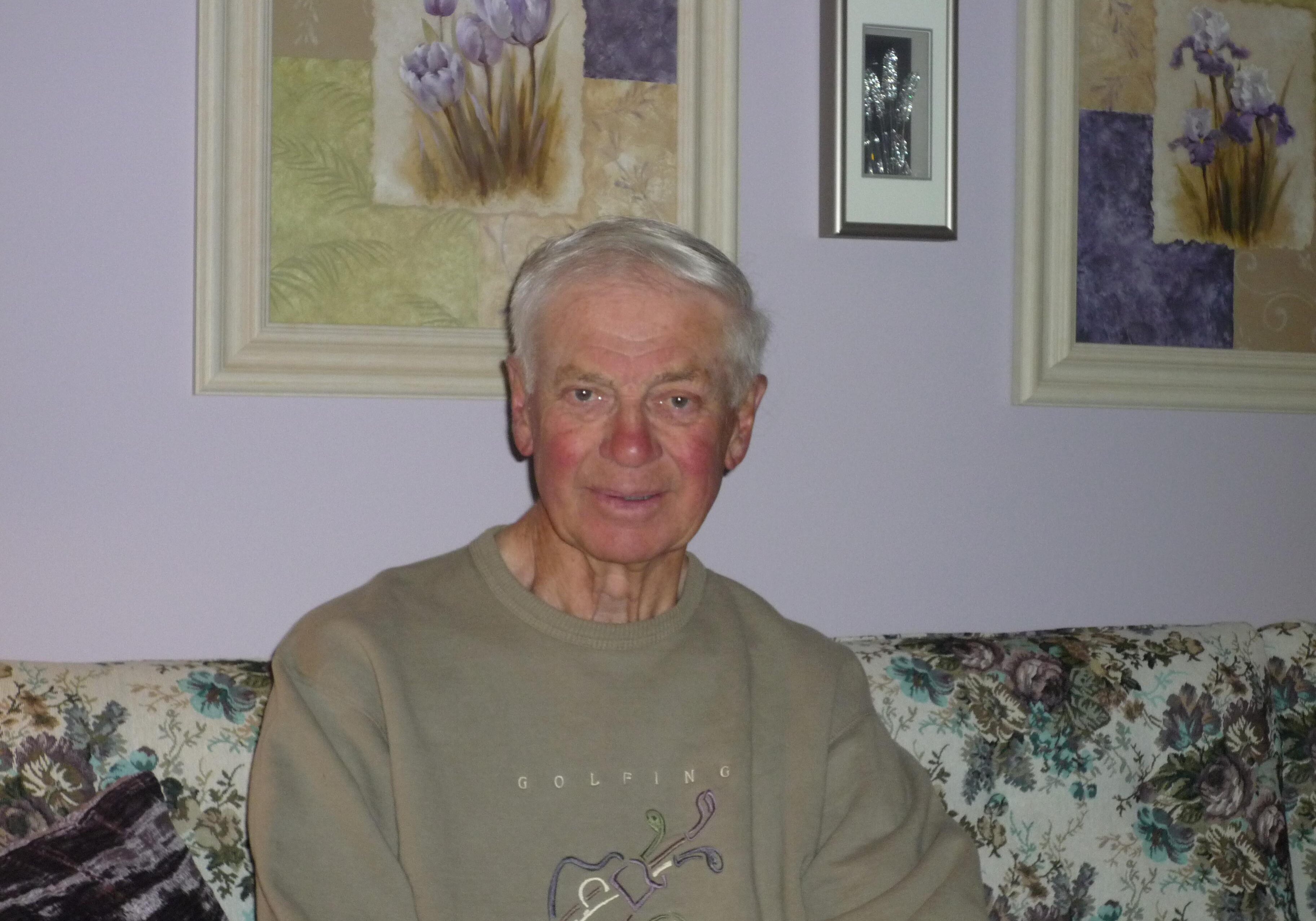
Harold Harri
Chief Clerk: Searle Grain Company
Harold Harri was born in Thunder Bay, where he worked as chief clerk at Searle Elevator. His work mainly involved market analysis allowing him to establish competitive prices in light of complex factors. He speaks to the changes in the number of elevators as technology and buyer requirements became more advanced. The industry switched from a system with many small, simple elevators, to a system where there were a few major elevators that were capable of handling the grain in much more competitive ways.
Snippet
Full Interview
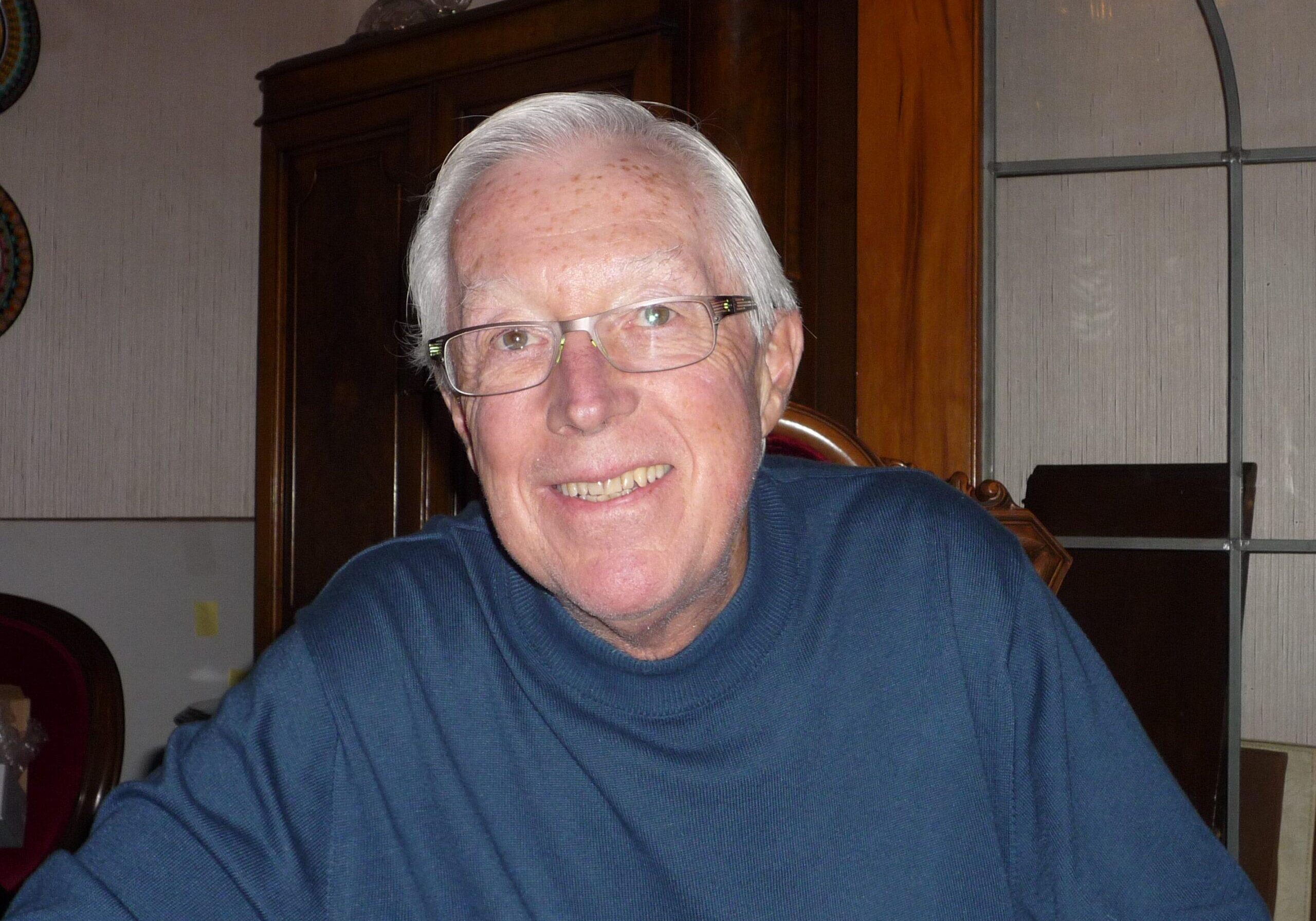
Kerry Hawkins
President: Cargill Grain Canada
Immediately after his university graduation, Kerry Hawkins joined the company he would stay with for his entire career, Cargill Inc. Kerry worked in a variety of grain-related positions in the United States, Canada, and around the world, learning about the complexity of international grain systems. Throughout his interview, Kerry praises Cargill’s corporate philosophy, its innovations, its risk taking, and its size advantage in the grain trade, and he also shares the differences he grew to see between the Canadian grain industry and other global grain industries.
Snippet
Full Interview
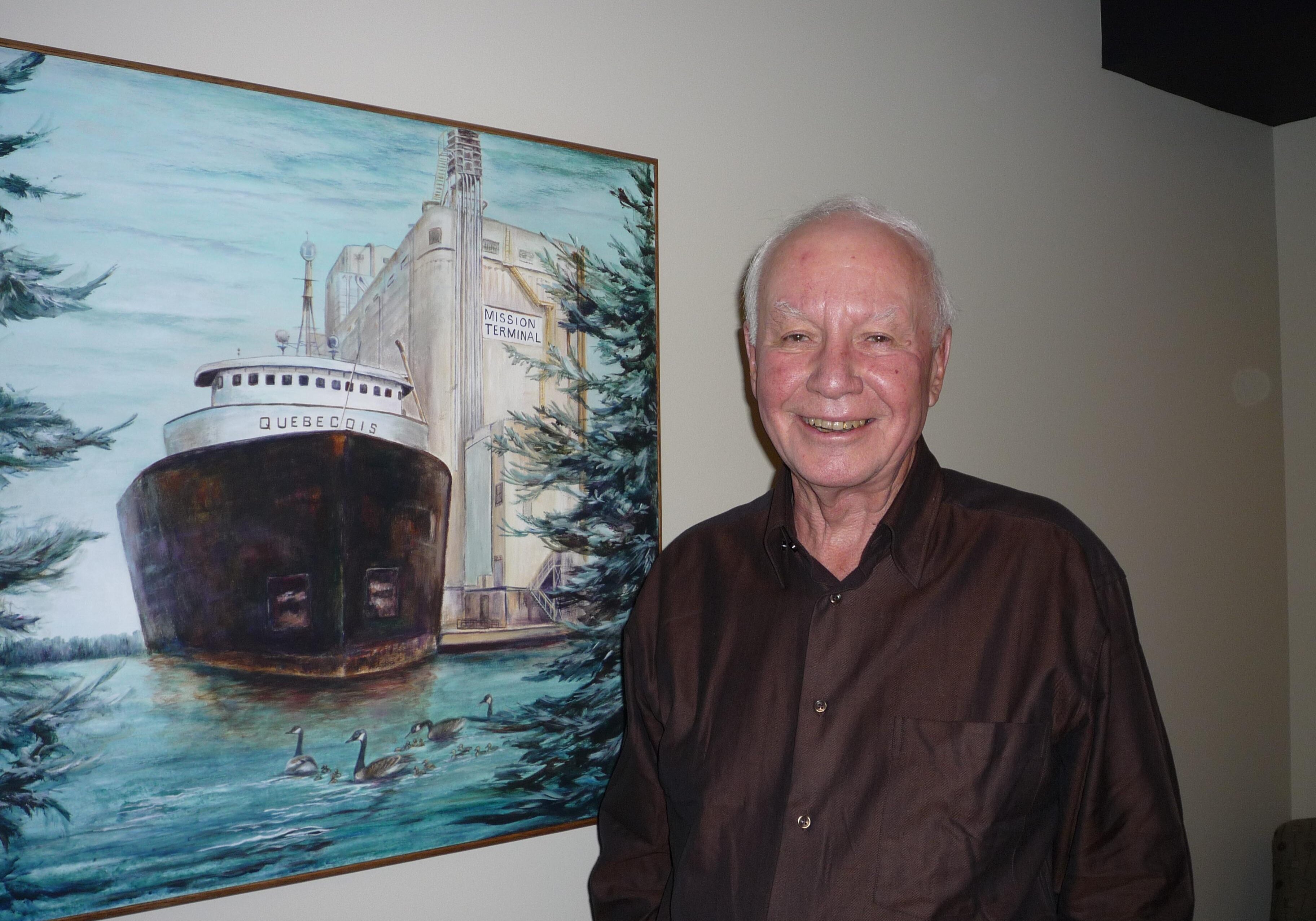
Bruce Hayles
Winnipeg Commodity Exchange, Mission Terminal
Bruce outlines his extensive experience in the grain industry. Throughout his career, he led many organizations, including the Winnipeg Commodity Exchange and Mission Terminal. He outlines his roots in the industry, going back to his father Charles' involvement in the early 1900s with Dominion and Consolidated elevator companies. His interview takes us through his time in Thunder Bay as a trainee with Consolidated to his later career, when he becomes, like his father, one of Winnipeg’s most respected grain industry leaders.
Snippet
Full Interview

David Hearn
Protein Lab Technician, Manager: Canadian Grain Commission, Entomology Lab
David expands on his career specializing in two major aspects of Canada’s grain inspection system: protein analysis and infestation monitoring and prevention. In the interview, he draws comparisons between the US and Canadian systems in regards to dealing with bugs. In the Canadian system, it was more important to maintain a quality reputation by preventing the problem in the first place. Another topic that is covered is the explosions that occurred at Cargill and Pool 15 during his time on the job.
Snippet
Full Interview
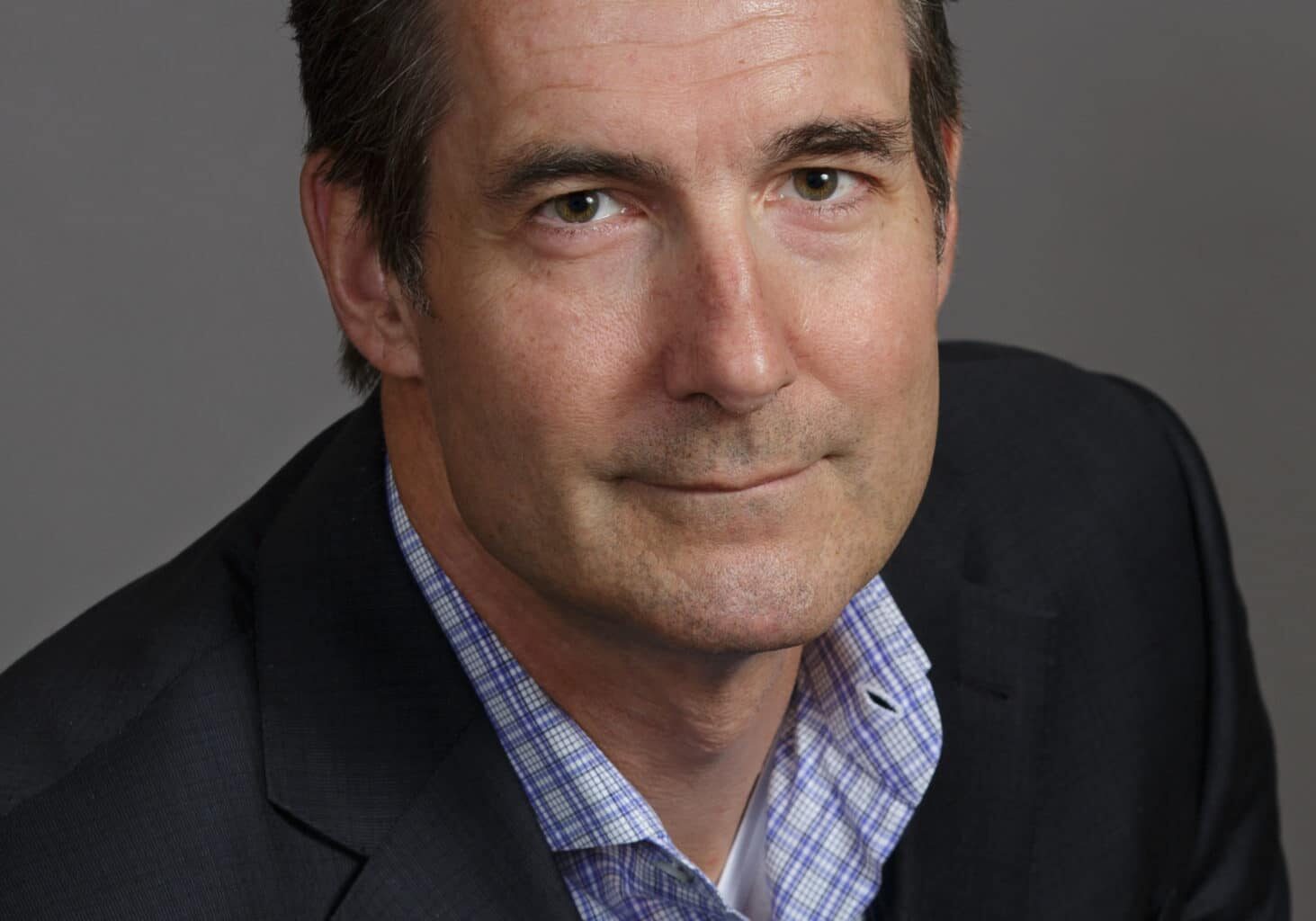
John Heimbecker
CEO, Owner: Parrish & Heimbecker
John Heimbecker leads Parrish & Heimbecker’s national grain business. He begins the interview outlining the Heimbecker history in the trade and the long-standing partnership with the Parrish family. He discusses the Eastern and Western operations of the company and their optimistic outlook for the future. You will come away from the interview with insights into the success of this family-operated grain business.
Snippet
Full Interview
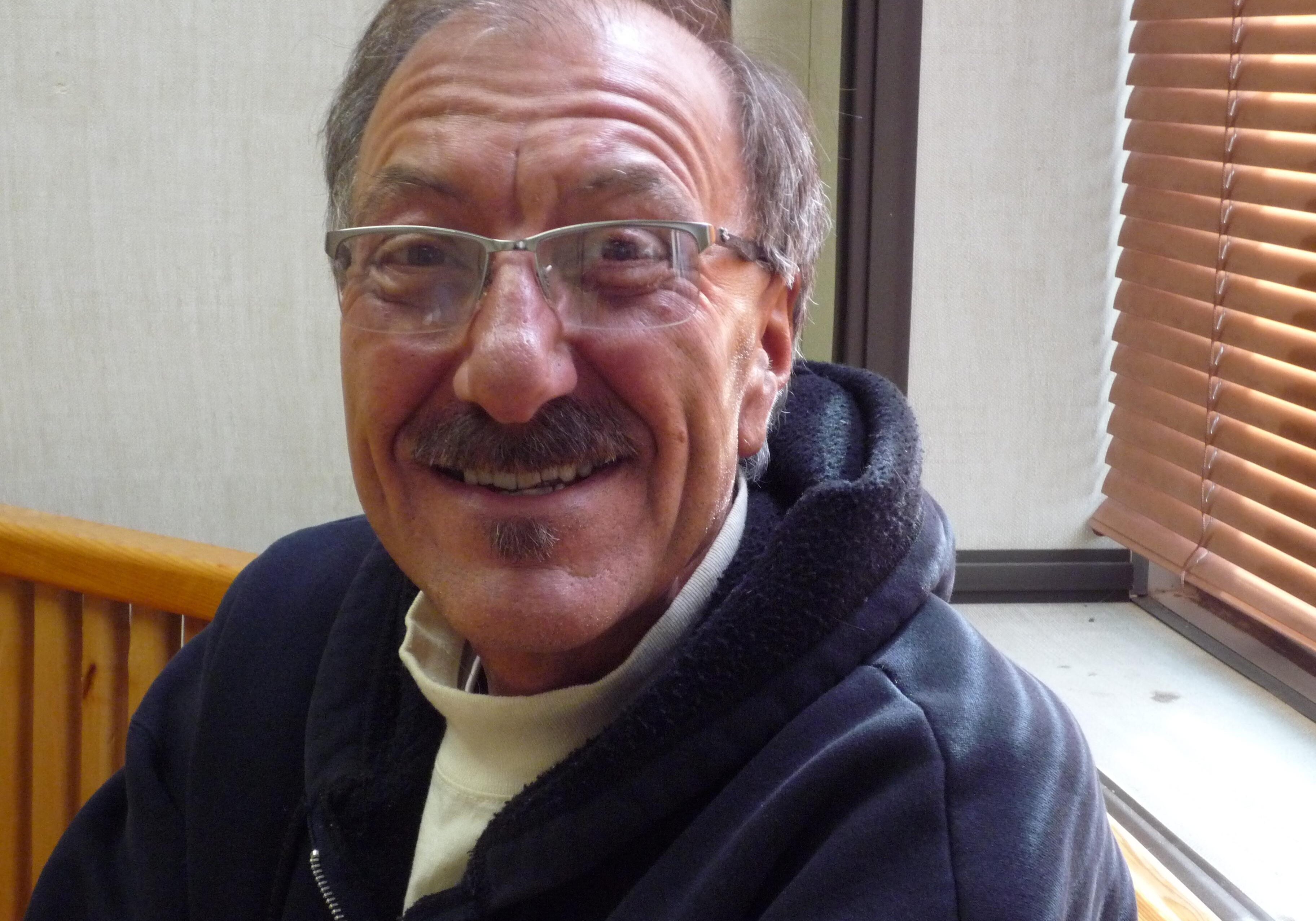
Gerry Heinrichs
Manager: Richardson
Gerry Heinrich worked in many different positions, mainly focused around managing elevators. He describes the relationships that he built with farmers and the responsibility involved. Gerry shares comments on the changing industry, including the shrinking and rationalization of the industry, with a major consequence being the plummeting number of rural elevators, replaced with a short list of high capacity in-land terminals. He portrays the collapsing economy of the small towns that relied on the primary elevators. Gerry’s career involved him in various aspects of the grain industry including property purchasing, health and safety, and environmental regulation to name a few. This varied exposure results in his interview being both informative and interesting.
Snippet
Full Interview
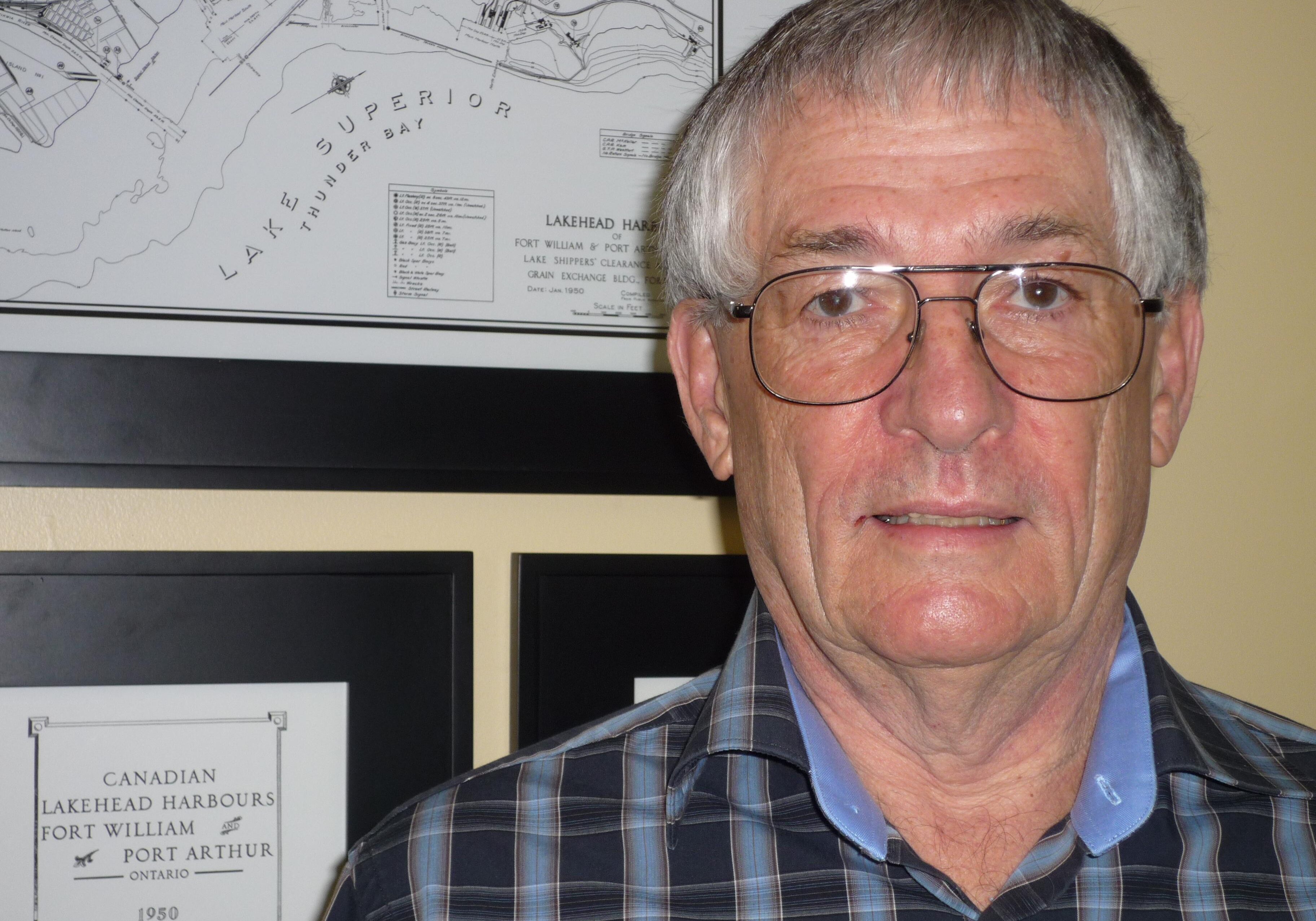
Sandy Henderson
Owner, Shipping Agent: Lake Superior Shipping
Sandy Henderson operates Lake Superior Shipping, as an owner and shipping agent. He explains how his father got into the grain industry and why, after completing university, he followed in his footsteps. Sandy talks about regulations on the ships, both in regard to employee safety, and protecting grain quality and purity. He also talks about where the ships are built, and where they find their crews. Mr. Henderson’s explanation is interesting because he is heavily involved in the global shipping industry. He has worked with dozens of different countries and talks about the different situations encountered while doing business with each of them.
Snippet
Full Interview

Dave Hickling
Animal nutritionist: Cargill, Canadian International Grains Institute, Canola Council of Canada
Dave Hickling trained as an animal nutritionist and worked closely with grain-based animal feed throughout his career. He tracks his career through Cargill, CIGI, and the Canola Council, and he recalls fascinating projects he was involved with in the development of innovative animal feeds, shipped all over the world. Dave shares his deep knowledge of Canadian crops, the science behind plant modifications, and the state of agricultural research in Canada.
Snippet
Full Interview
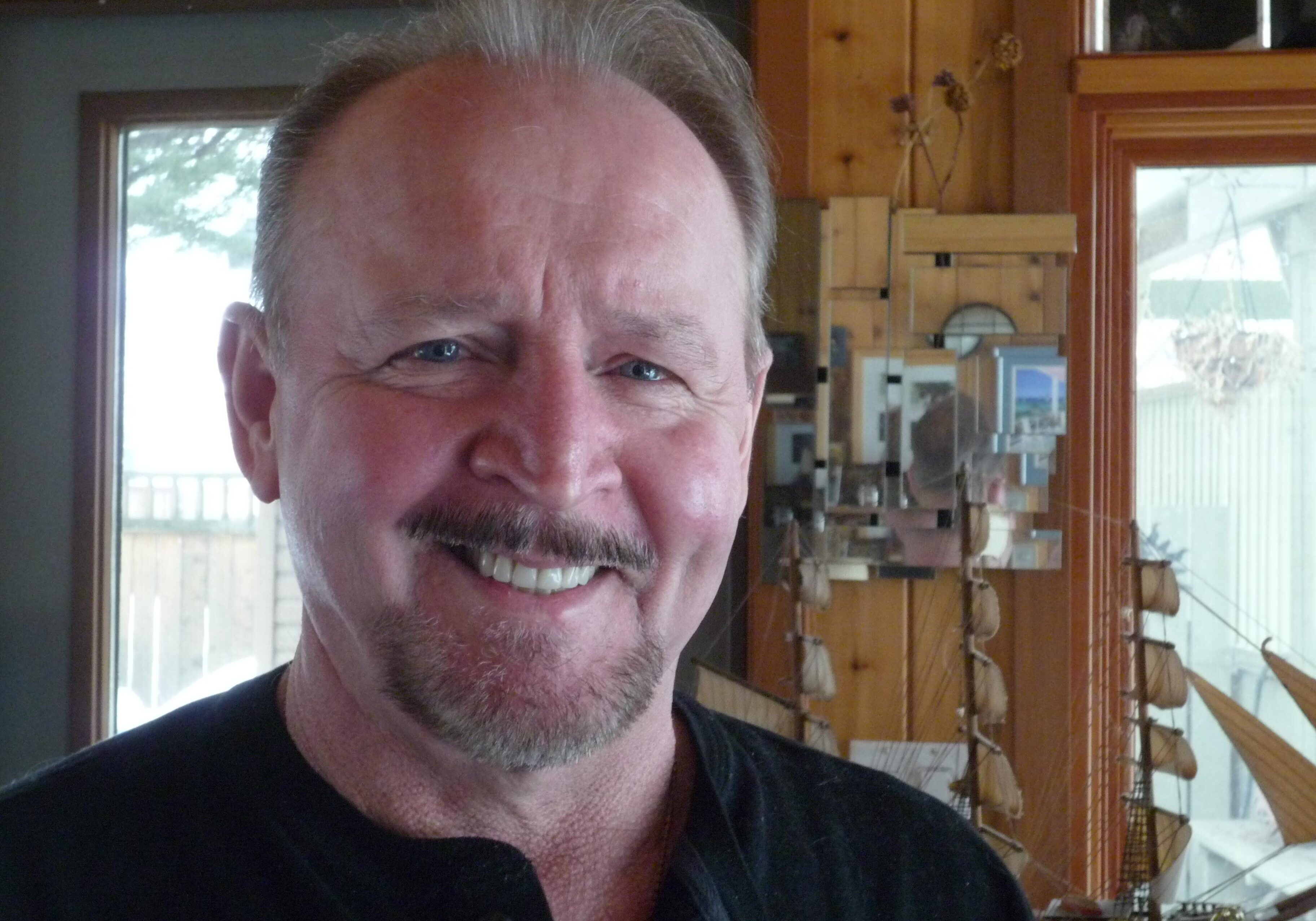
William Hryb
Post Shipping Agent, Owner: Thunder Bay Shipping Inc.
William Hryb's first exposure to the grain trade was as a self-employed paperboy at the age of 11 when he would rush to sell papers to the mariners on grain vessels. Years later, despite graduating with credentials in journalism, Hryb would become a mainstay of the Thunder Bay grain industry, starting as a water clerk for Lakehead Shipping and eventually owning his own shipping agent business. His interviews give you a fascinating insider's view of how ship's agents expedite the work of grain ships in the harbour, establish friendships with the crew, and even mediate diplomatic incidents.
Snippet
Full Interview
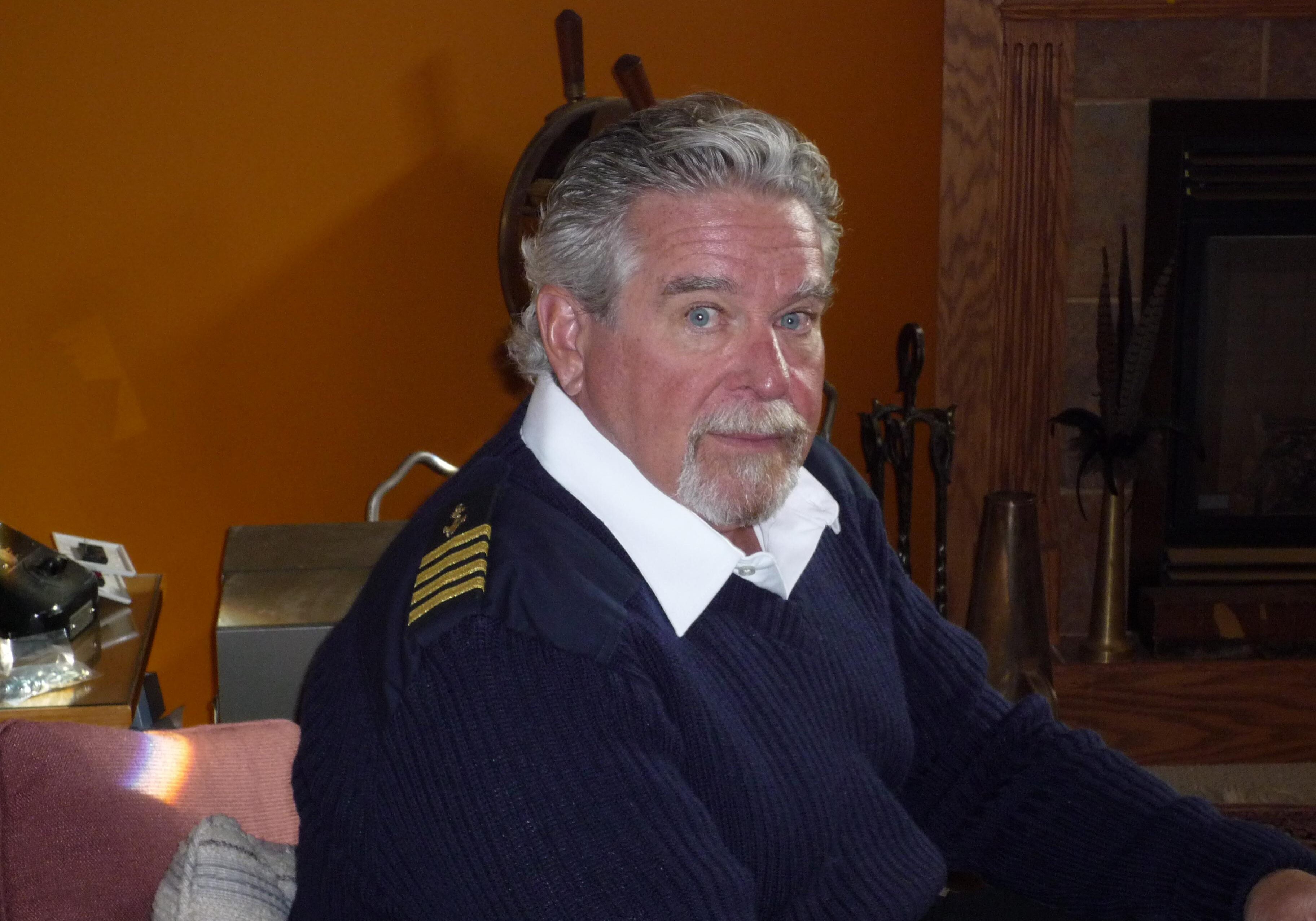
Brian Hudson
Switchman, Sailor, Captain: Canadian Pacific Railway
Brian Hudson worked in shipping, first in rail and then in marine, until he was promoted to captain. When he worked in rail, he worked as a switchman for CPR. He discusses work life and the organizational structure of the ship crew. His experience at sea is quite vast; he has worked for many companies in different positions, including a challenging stint at an oil rig. He explains the various jobs he filled, and the dangers of the sea.
Snippet
Full Interview
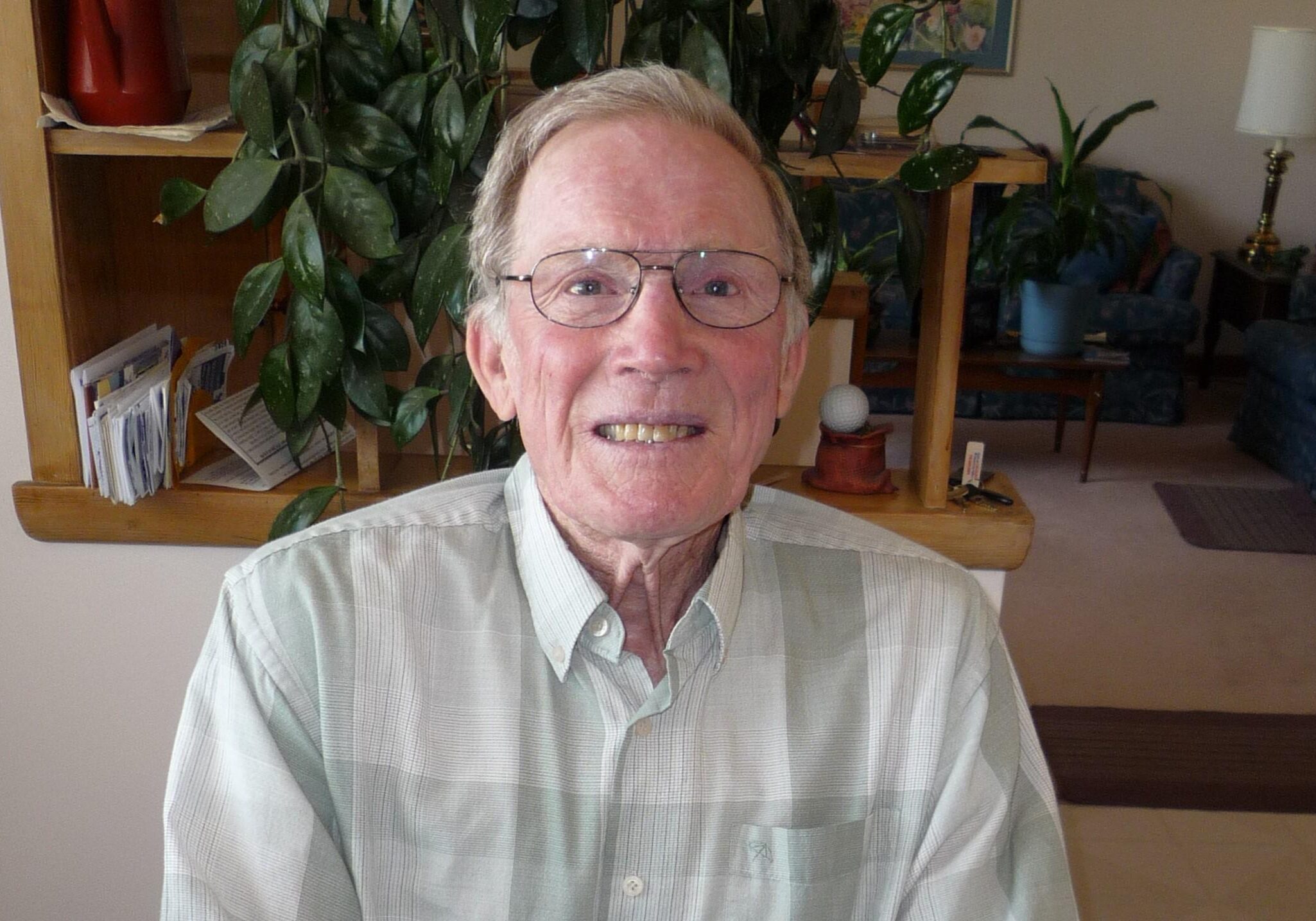
Harold Hughes
Machinist: Canadian Grain Commission Grain Research Lab
Harold Hughes held a unique position within the Canadian grain industry as the machinist for the CGC's Grain Research Lab. Harold was in charge of repairing and manufacturing specialized equipment for the Grain Research Lab, from constant-temperature water baths to lab-sized dough mixers. Harold also shares his experience within the CGC's weighing division. With his machinist background, Harold was put in charge of testing manual scales in grain elevator across Canada.
Snippet
Full Interview
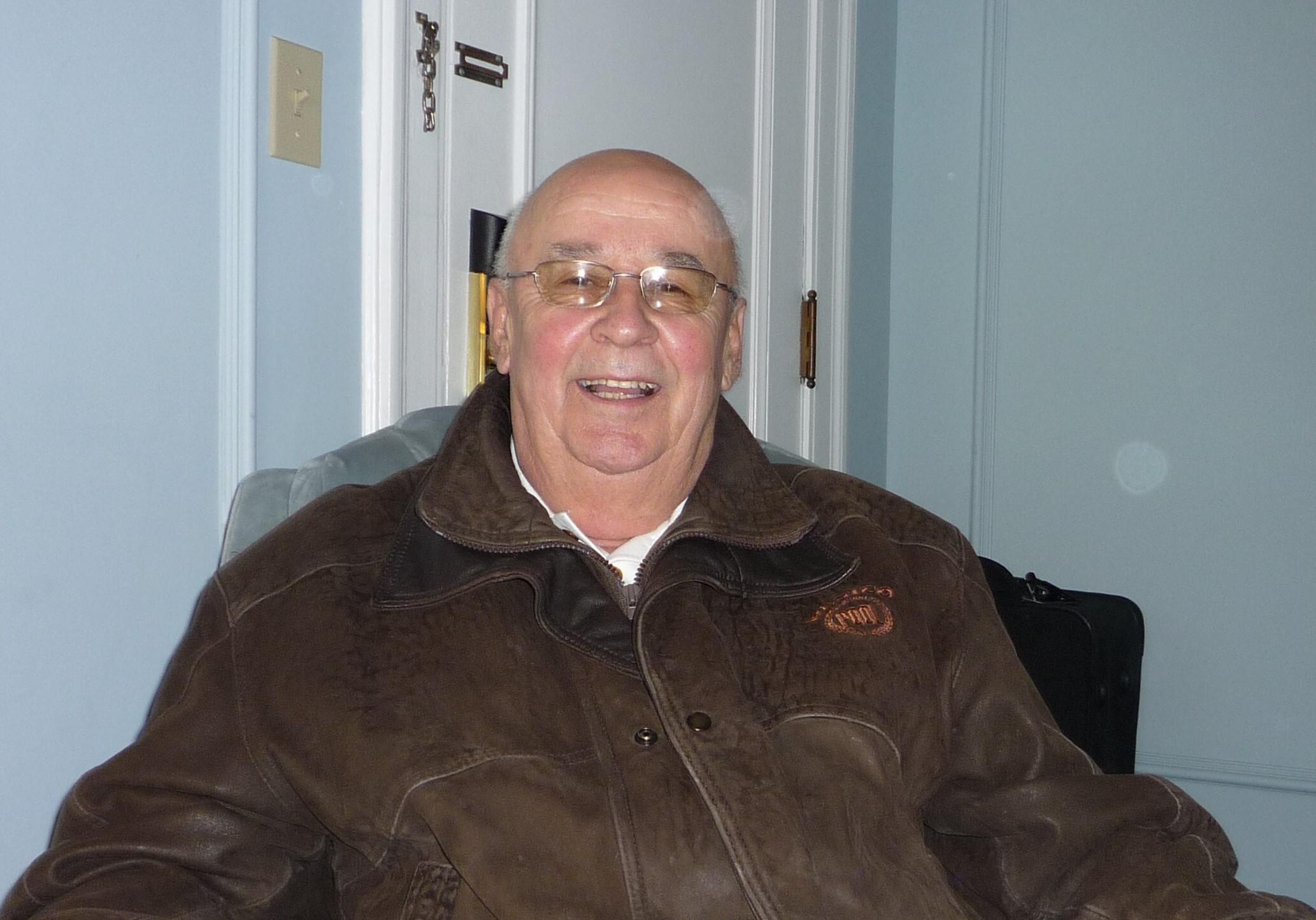
Dennis Hunter
General manager of terminal operations: Manitoba Pool Elevators
Dennis Hunter had the dual experience of working within both the country and terminal operations for Manitoba Pool Elevators. He worked through major changes in the industry, like country elevator consolidation, automation of terminal equipment, and the construction of inland terminals, all of which dramatically influenced the Canadian grain handling system. Through his various roles, Dennis also interacted with or was responsible for a key aspect of country grain transportation: railcar allocation. Dennis praises the Thunder Bay terminals' strong work ethic and their cooperation with competing companies, and he shares fond memories of the social aspects of elevator culture.
Snippet
Full Interview
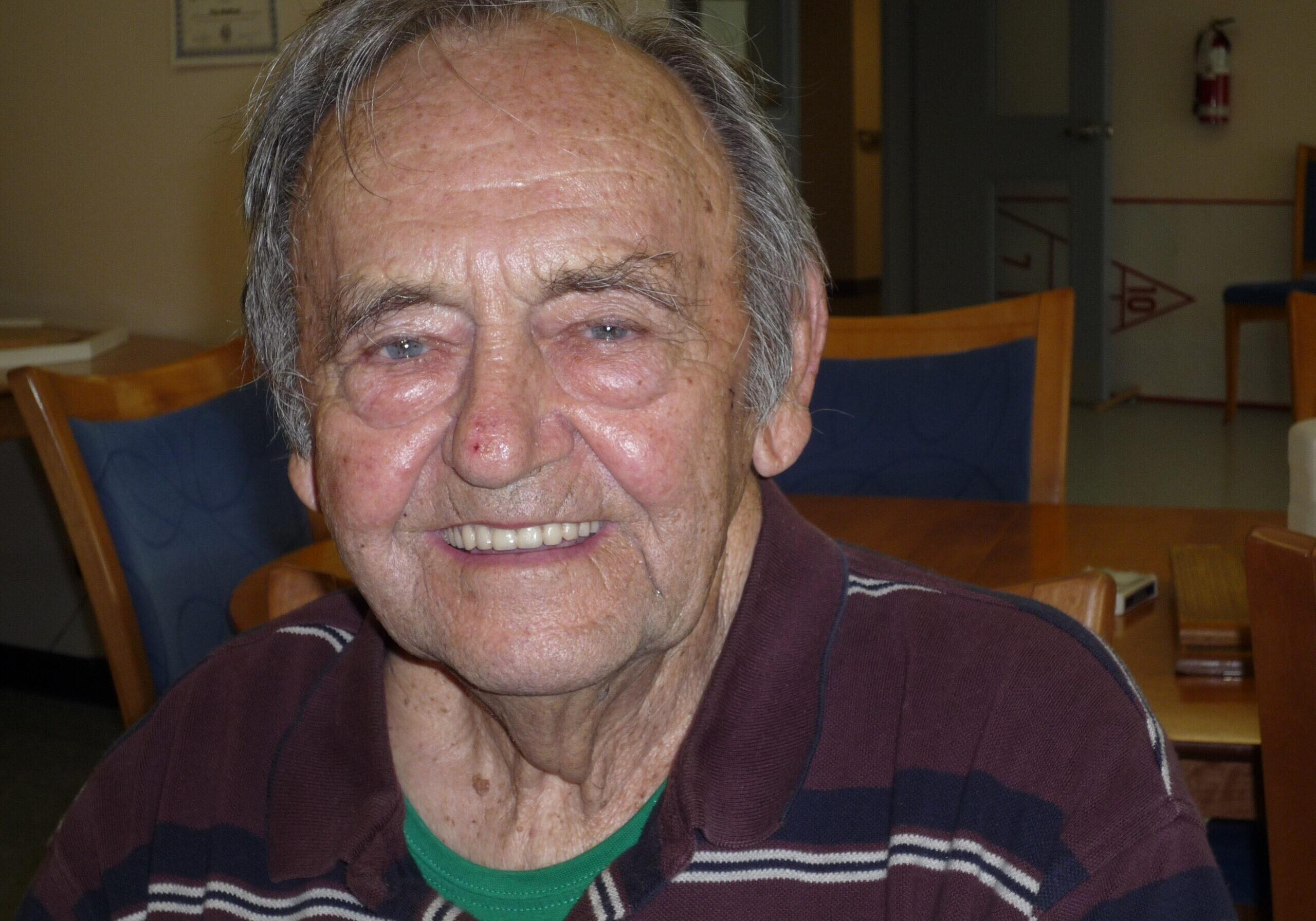
Herman Hutt
Ship electrician: Paterson Steamship Lines
Born in Germany, Herman Hutt's route to Canada's grain industry was unconventional. As a young man, he took his electrician's apprenticeship in Germany, but was taken as a prisoner of war to the Dorian area. He returned to Europe after the war, but he chose to come back to Canada to work as an electrician. Herman began his career in the Port Arthur Shipyards, and soon became Paterson's first permanent onboard electrician sailing on the Great Lakes. Herman shares many vivid memories of the work and social aspects of life on lake ships and in port, and he also looks through an artifact he brough along to the interview: his sailor's discharge book.
Snippet
Full Interview
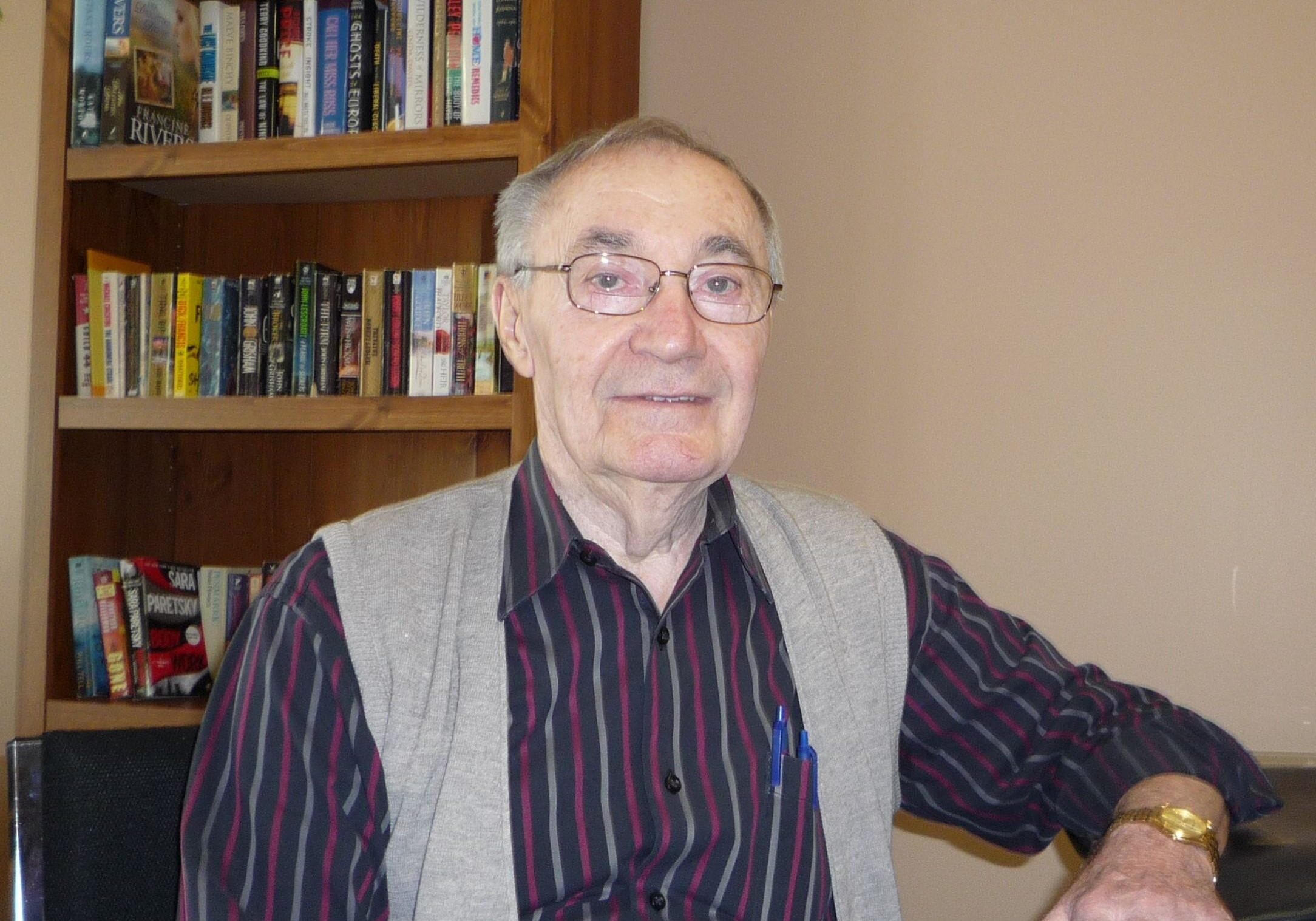
Joe Igneczi
Millwright: Saskatchewan Wheat Pool
Joe Igneczi immigrated to Canada from Hungary and held various seasonal jobs before entering the Thunder Bay grain elevators as a full-time labourer. Joe worked his way through most of the elevator's departments and decided to go to school to become a certified millwright. Joe's millwrighting career led to a specialized career in grain cleaning, and he was critical in developing the one-pass grain cleaning system, improving the efficiency of the terminal elevators at port and Prairie locations and strengthening Canada's reputation for shipping clean grain. Joe's follow-up interview expands on the intricacies of grain cleaning machines, the flow of grain from the Prairies to port, and the different handling methods for different grain varieties.
Snippet
Full Interview

Margaret Irwin and Keith Randle
Irwin Concrete
Margaret Irwin is the wife of local entrepreneur Bob Irwin, who owned and operated Irwin Concrete in Northwestern Ontario. Irwin shares the history and growth of the company in Thunder Bay, due largely to the construction and expansion of terminal grain elevators, as well as the repair of UGG A's annex after it collapsed into the Lake Superior.
Keith Randle worked for Irwin Concrete as a one of the company's earliest truck drivers. Keith explains the details of concrete slipform construction projects at elevators and the challenges of concrete mixing, and he shares his family's other connection to grain elevator construction through the lumber industry.
Snippet
Full Interview
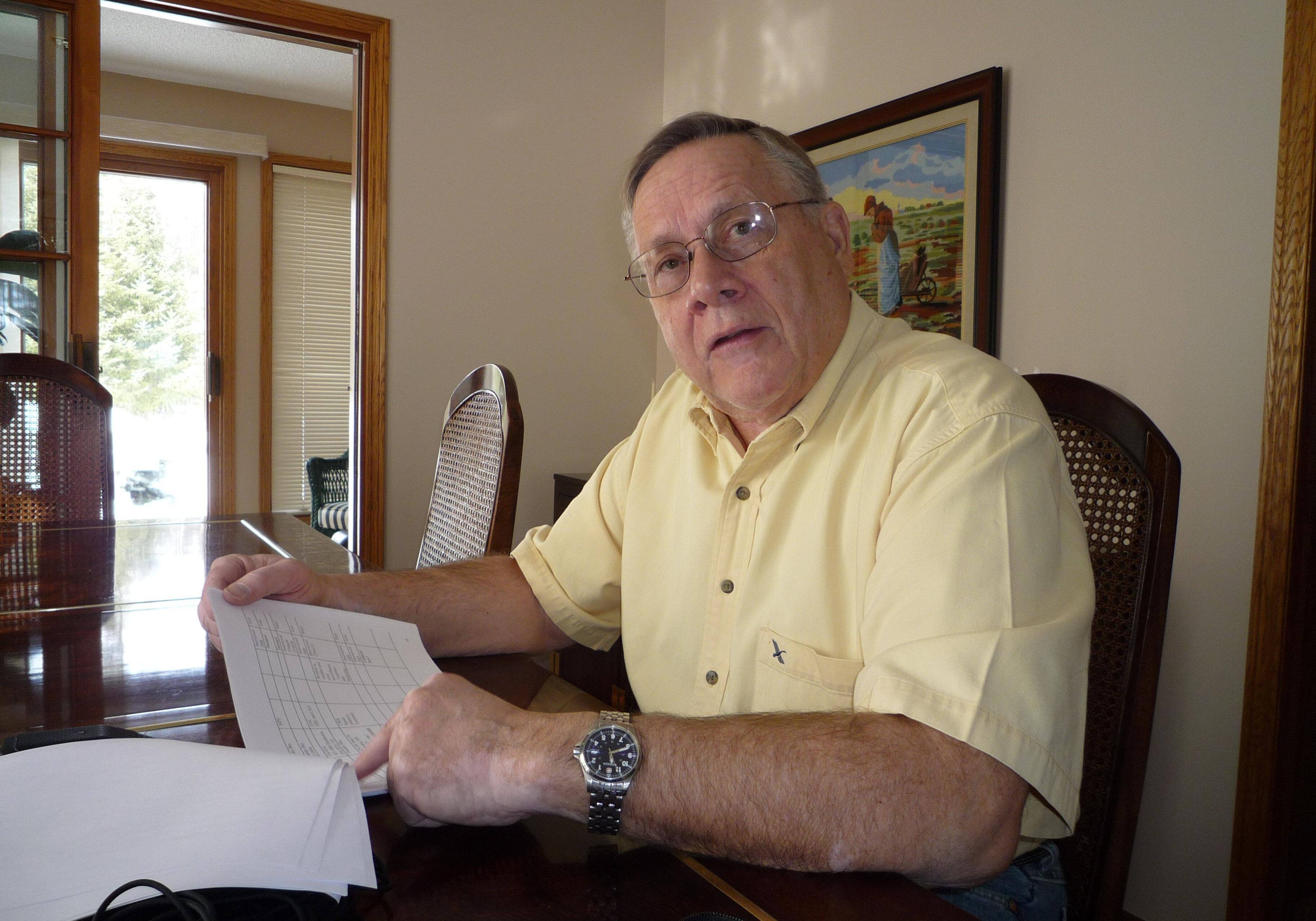
Dennis Johnson
CEO, Harbour Master: Thunder Bay Port Authority
Dennis Johnson worked as CEO and Harbour Master of the Thunder Bay Port Authority. Dennis has been close to the sea since he was a child. He discusses the changes in ownership of the ships, as various small shipping companies shut down to give way to larger ships that held a monopoly over the industry. Generally, he explains what he did as harbor master, as well as the tasks involved in his other jobs. He talks about historical events in Thunder Bay and potential changes in the future.
Snippet
Full Interview
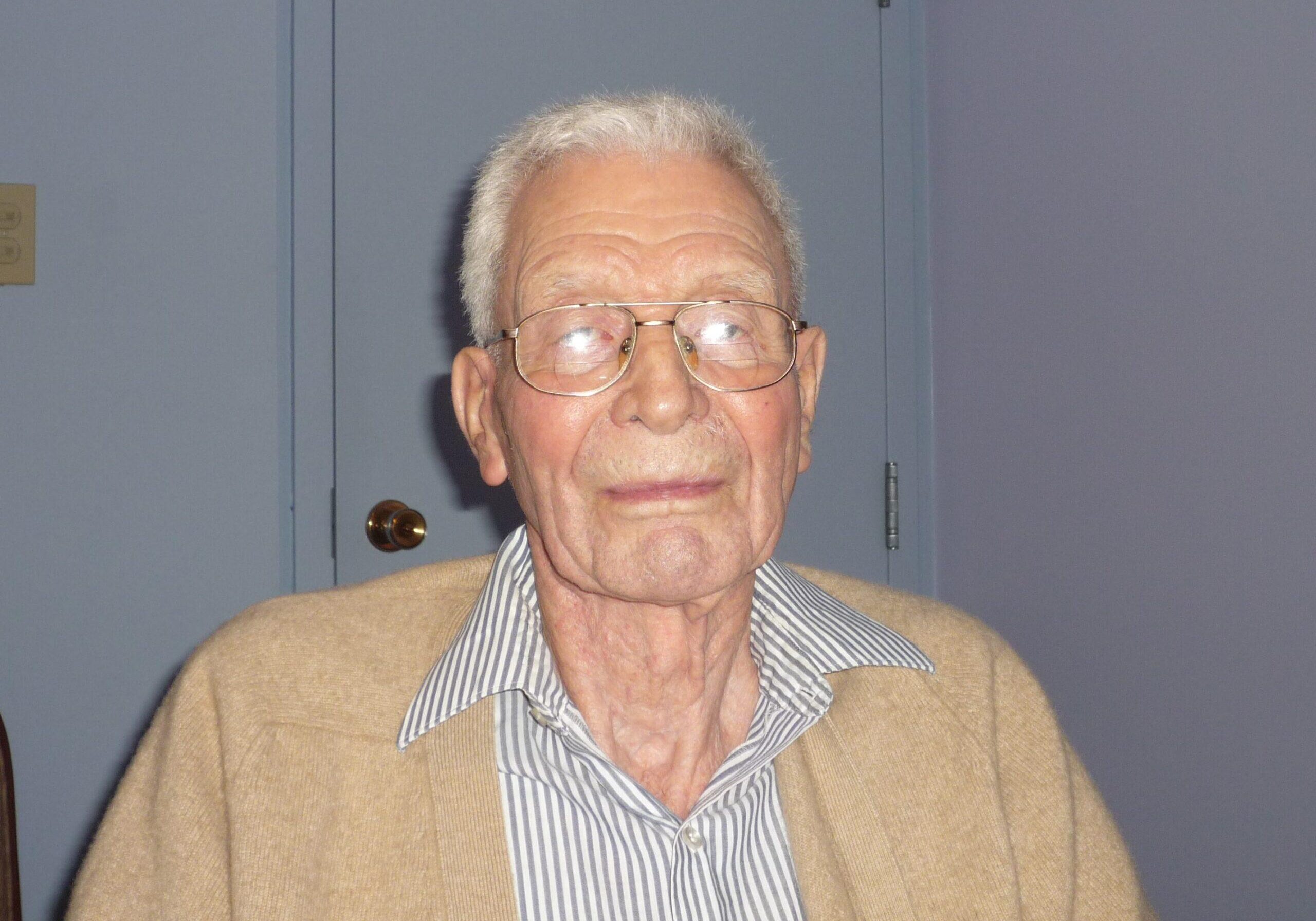
Harvey Jones
Farm Supplies Division Manager: Manitoba Pool Elevators
Harvey Jones has had a long career as an advocate for farmers in the Prairies. He began his agricultural career after the Second World War with the Manitoba Department of Agriculture establishing clubs and programs to help farmers develop their operations. His work got on the radar of Manitoba Pool Elevators, who personally invited him to represent their crop improvement and seed testing programs. Later, Harvey established and headed up MPE's farm supplies business, which became an instant success. Harvey shares many fond memories of moving around the Prairies with his family and interacting with the farmers who grow the grain that ends up around the world.
